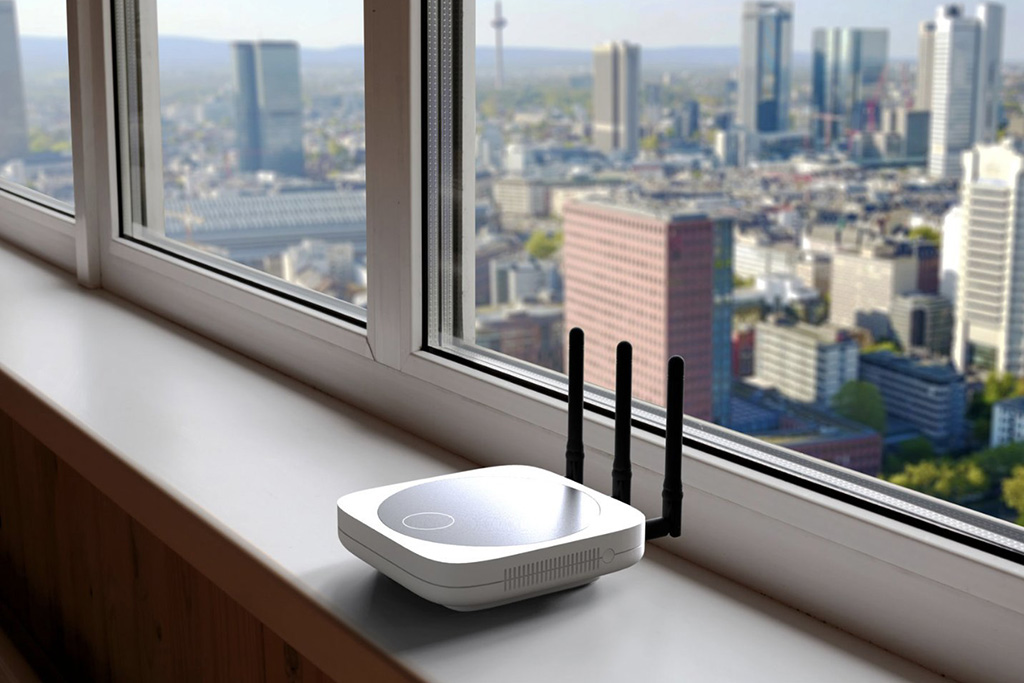
Darya is a crypto enthusiast who strongly believes in the future of blockchain. Being a hospitality professional, she is interested in finding the ways blockchain can change different industries and bring our life to a different level.
A blockchain project Helium has completed a fundraising round where it managed to get $15 million in funding from leading venture funds. According to Multicoin Capital, Helium is the most ambitious crypto venture since Ethereum.

A blockchain project Helium has completed a fundraising round where it managed to get $15 million from such investing funds as Multicoin Capital, Khosla Ventures, FirstMark, GV (formerly Google Ventures), and MunichRE Ventures.
Managing partner of Multicoin Capital Kyle Samani shared the news on his Twitter:
0/ Today we are excited announce that @multicoincap has co-led a $15M round in @helium with @usv
Helium represents the most compelling new use case for blockchains since the advent of smart contracts on Ethereum
A thread
Our blog post – https://t.co/Lp2iuN9VZD
— Integrated Kyle e/acc (@KyleSamani) June 12, 2019
Multicoin Capital wrote a blog post in which Helium was highly spoken of and referred to as the most ambitious crypto venture since Ethereum.
Multicoin Capital partner Tushar Jain stated:
“The Helium vision is the most ambitious we have seen in the blockchain space since the advent of smart contracts on Ethereum: Helium represents a fundamentally new approach—one with a radically reduced cost structure—to deploying and managing wireless networks at scale.”
He further added:
“Helium is the largest private investment we have made, and we expect to continue to invest in this ecosystem for the years to come.”
Helium is a blockchain startup founded in 2013 with an aim to build the world’s first decentralized wireless network and make it easier to build connected devices.
With Helium, companies no longer need to invest in a complex infrastructure. They can purchase a Helium Hotspot, plug it directly into an electrical outlet and then connect to a local network (either Ethernet or WiFi) through an intuitive, consumer-friendly iOS or Android app.
Each Helium Hotspot provides coverage using LongFi (an Apache-licensed open source protocol in the Sub-GHz frequency band). With the LongFi protocol, any device can broadcast a message within the coverage area of the Helium network and have their message relayed to the destination chosen on the public internet for a low fee.
Speaking about costs on network, Tushar Jain said:
“Costs on the Helium network are expected to be 90-99% lower for the vast majority of IoT use cases, dramatically reducing the barrier to connectivity and unlocking many new IoT use cases that depend on global, inexpensive internet access.”
Helium aims to undercut the cost structure of existing cellular networks and compared with traditional telecom companies, its business model does not depend on extracting margin on hardware, that’s why Helium is less expensive to build, deploy, and manage.
As for Helium use cases, it enables cheap pet tracking where a battery life of the tracker is measured in years and the cost makes up less than $1 per month to operate. The project also aims to provide smart city infrastructure to measure all kinds of data around the city in real time.
It is obvious that the mass adoption of Helium will not be immediate, as it will take time for people to switch to another internet service provider. However, it is a cost-effective alternative to traditional telecom companies, that’s why we may expect the Helium Network to compete with them on higher bandwidth products.

Darya is a crypto enthusiast who strongly believes in the future of blockchain. Being a hospitality professional, she is interested in finding the ways blockchain can change different industries and bring our life to a different level.




